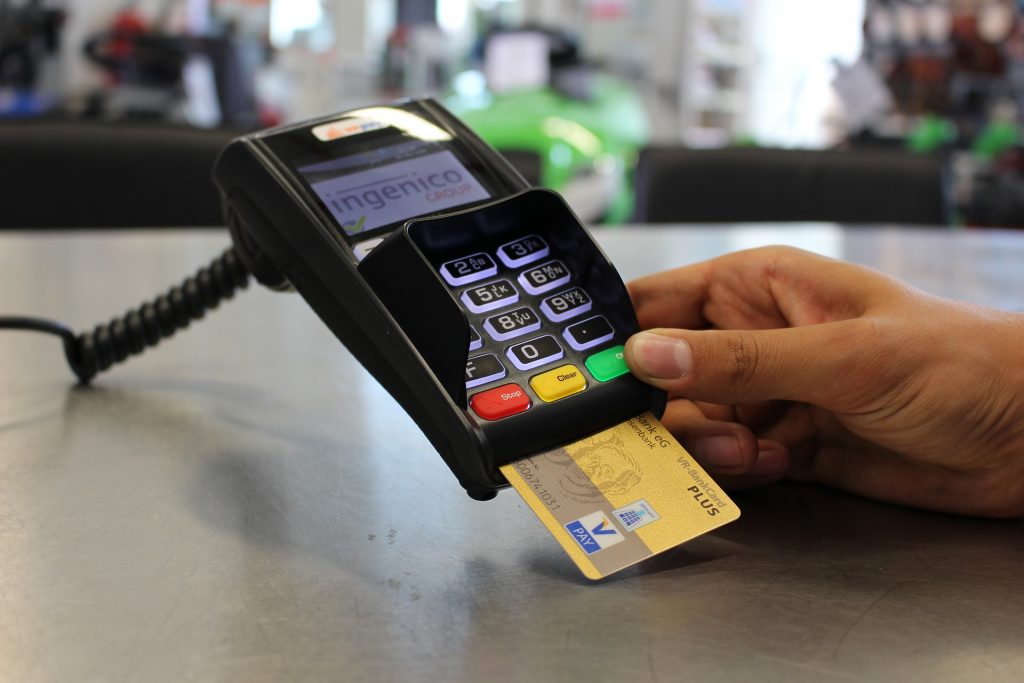A Credit Card surcharge is the extra charge that business owners place on purchases made using credit cards. Credit card companies earn revenue for each purchase actually made with their cards—and these costs are typically passed along to customers in the form of higher prices. A Credit Card Surcharge is simply an additional fee tacked onto your bill because you chose to use a Credit Card instead of another payment method.
For example, a Credit Card Surcharge may cost you an extra $3 on an item that costs $15 normally. Credit card companies do offer their services for free to some businesses—if they have a particularly small operation or if they process payments rarely (such as at farmers markets). But Credit Card Surcharges are still common for all types of businesses.
Why Credit Card Surcharges Are Used?
Credit card companies charge merchants fees on each purchase, which can be as high as 3%. Credit card companies do not require these surcharges to be passed on to customers, but doing so is a way to compete with other businesses. Credit card companies do not push Credit Card Surcharges as a way to make more money, but Credit Card Surcharges can be a way for merchants to keep prices lower for customers who don’t want to use a credit card.
Credit Cards are simply a form of payment that provide convenience and protection to the customer, not the merchant. Credit Card Surcharges are a way to recoup these costs while still giving customers the ability to use their Credit Cards—without forcing them to pay extra for this privilege.
What Credit Card Surcharges Are Illegal?
There are some states that do not allow Credit Card Surcharges at all. Credit Card Surcharges for specific Credit Cards that offer rewards such as cash back or points are illegal in certain states as well. Some Credit Card Surcharge laws apply to all Credit Cards, and others only apply to Credit Cards with a pre-set Credit Limit (such as American Express, Mastercard and Visa). To find out whether Credit Card Surcharges are allowed in your state, check with the relevant credit card company and/or state authorities.
What Credit Card Surcharges Can I Expect To See?
Credit Card companies charge fees on all types of Credit Cards, including Credit Cards that offer rewards such as cash back or points. Credit Card Surcharges tend to be in the 3-5% range when added to Credit Card purchases, but Credit Card Surcharges can be as high as 10% for some businesses. Credit Card Companies do not require Credit Card Surcharges, but they are a way to keep your prices competitive when other businesses add them on.
Credit Card Surcharges are also used to cover Credit Card processing fees, which can be as high as 5% of the Credit Card purchase.
Does A Credit Card Company Benefit By Having Credit Card Surcharges?
Business owners may not enjoy Credit Card Surcharges, but they’re clearly a benefit for Credit Card companies. Credit Card companies still make money on Credit Card purchases, even if Credit Card Surcharges are passed along to the customer. Credit Cards also provide Credit Card companies with valuable information about their customers’ spending habits—if a Credit Card company offers a Credit or Debit card that tracks your purchases automatically, then they know exactly how you spend your money.
Credit Card companies also make money by providing Credit Card Rewards to customers who choose Credit Cards with higher fees. Credit Card Surcharges are simply a way for Credit Card companies to stay competitive while still making money—and giving their customers the convenience of Credit Cards.
